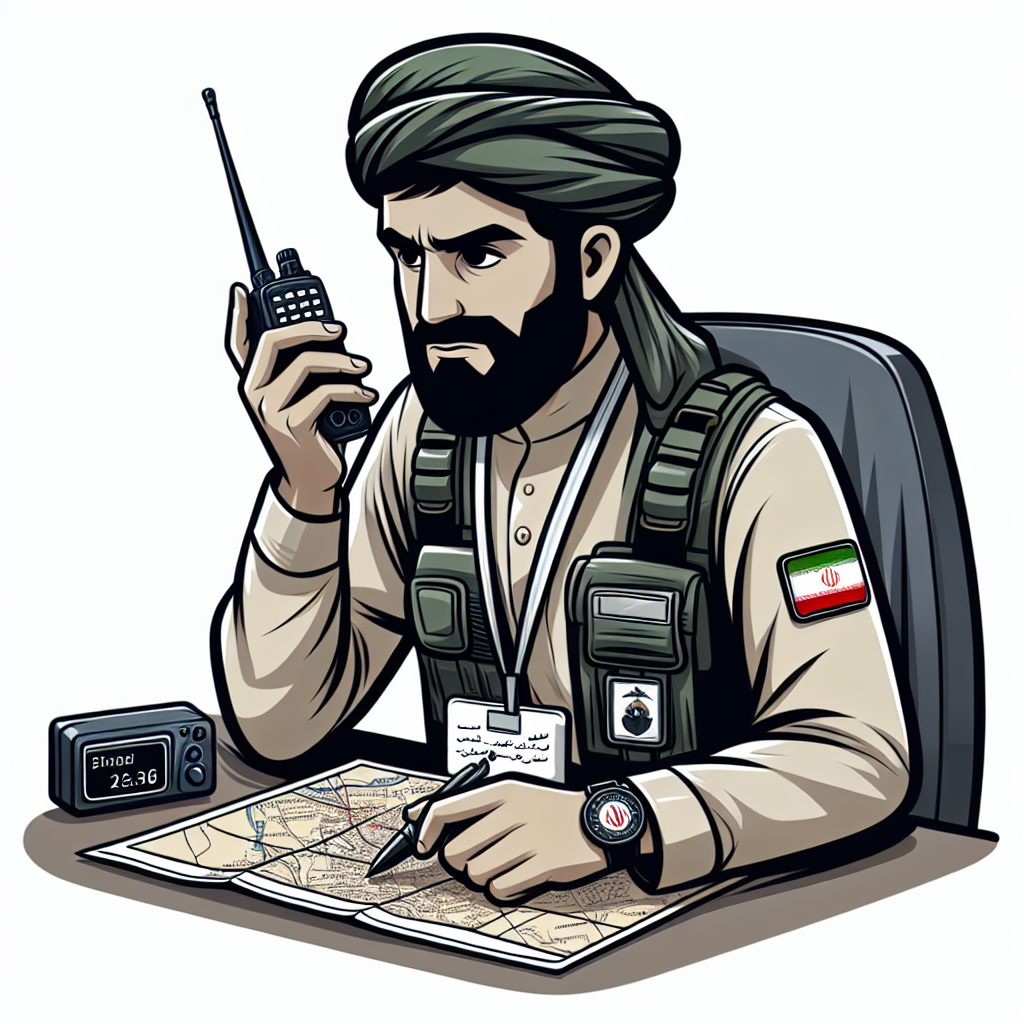Iran at Crossroads: Diplomacy or Defiance?
Iran finds itself at a pivotal moment as it navigates mounting external pressures and internal challenges. Faced with the dilemma of either engaging in diplomacy or risking further military strikes, the Iranian leadership leans towards negotiation with the U.S. to address nuclear ambitions and ensure survival.

In the wake of recent military conflicts and diplomatic stalemates, Iran's leadership faces critical decisions. They must choose between acceding to international pressure to halt nuclear developments or risking further attacks by Israel and the U.S., potentially destabilizing their leadership further.
The June ceasefire revealed vulnerabilities in Iran's defense, underscoring the necessity of diplomatic negotiations with the U.S. Despite firm rhetoric from hardline leaders, there is a growing consensus among insiders that diplomatic engagement is vital for Iran's future.
Economic strains, exacerbated by sanctions and governance issues, are heightening public disillusionment. Amidst worsening resource shortages, Iran's internal dissent grows, yet remains under strict government control. These factors are pushing the leadership towards re-engagement with Western powers to avoid deeper crises.
(With inputs from agencies.)
- READ MORE ON:
- Iran
- nuclear
- diplomacy
- U.S.
- Israel
- sanctions
- Tehran
- Ayatollah Ali Khamenei
- Middle East
- negotiations
ALSO READ
Sanctions Ripple: India's Nayara Energy Faces Operational Challenges
India Calls for Action Beyond Paper to Achieve Israel-Palestine Peace
Sanctions and Shadows: The UN's Gaza Controversy
UN Experts Accuse Israel of Using Thirst as a Weapon Amid Gaza Humanitarian Collapse
Russia's Resilience: Kremlin Develops Immunity to Sanctions









